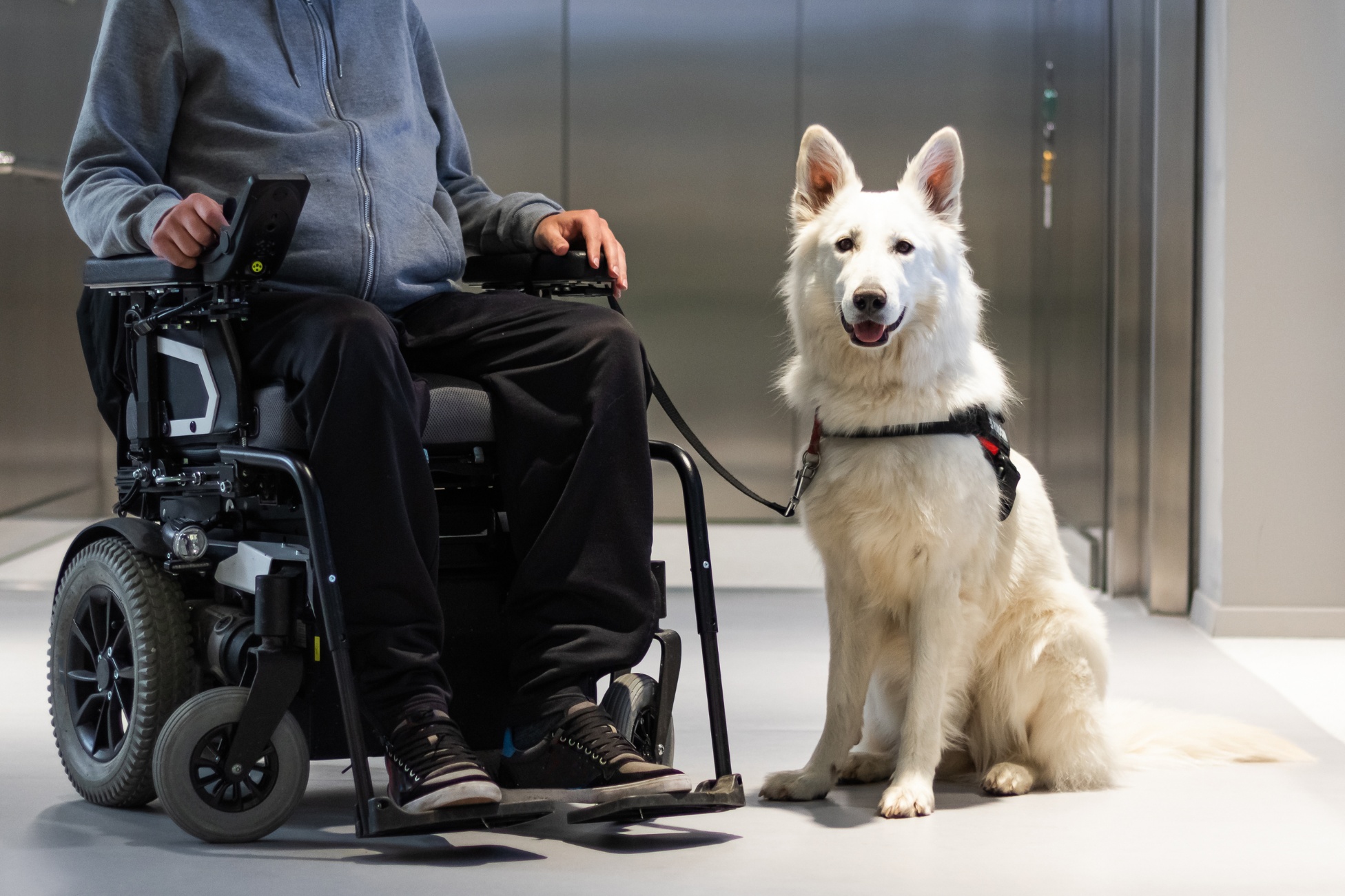What to Ask (and Not Ask) When a Service Animal Walks Into Your Practice

by Gracie Hogue
When a patient brings a service animal to the practice, the situation can be potentially baffling to staff. It's understandable if practice staff can feel apprehensive about what to do next, or wonder what the correct questions are to ask and what questions are to be avoided. As this situation seems to be increasingly more common in dental practices, it could be easy to say or ask the wrong thing.
Protocols for service animals need to be clear so our staff and the patients (and service animals!) are kept safe, and dental treatment can go smoothly. First of all, you may ask the patient if the animal is a service animal, as opposed to a pet or an emotional support animal. Do not ask for a certificate or paperwork that states that the animal is bonafide as a service animal. Do not ask the patient to make their service animal demonstrate what it is trained to do. Asking the patient about their disability should be strictly avoided so that the patient's privacy is respected. And as tempting as it may be, staff should not interact with or pet the service animal, as that is often a signal to the animal that they are now "off duty." The service animal should not be distracted from its important work. The service animal also should not have to wear a safety vest at all times, in the case that it could impede their freedom to do their work.
Asking what tasks it is trained to perform is perfectly appropriate, and it is also totally fine to ask if the animal is required because of a disability. Asking if the animal is housebroken is also a great and necessary question to ask.
At this point, considerations should be made as to where the service animal is comfortably situated during the patient's treatment in order for it to do its job, and at the same time not disrupt practice's staff in their treatment of the patient. Staff should also be prepared to accommodate any needs the service animal may have, such as providing water to drink or a place to relieve itself. Kind communication with the patient about their service animal's needs is an example of great customer/patient care.
By understanding its legal obligations, a dental practice can ensure that the patient, service animal, and dental staff have a positive experience.
If you are an AAR subscribing client with Modern Practice Solutions (if you're not sure if you are, you can check to see if "AAR" listed in your title in Mycase), reach out to us and we'll send you a Service Dog label for free. You can email me at [email protected] or call (931) 232-7738.




